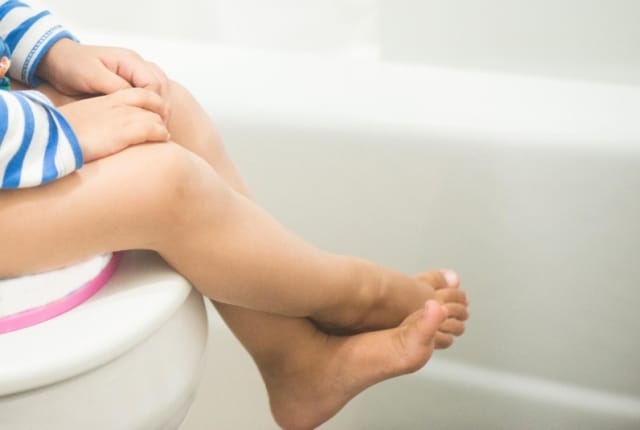
Painful Urination in Children
May 10, 2019
Painful Urination in Children
Is your child experiencing pain or burning sensation during pee? Here we discuss some of the common painful urination causes.When a child experiences any of these symptoms, it could indicate a urinary tract infection (UTI) or an injury in the genital areas or stones, which are small masses of minerals in the urinary tract. Urinary tract comprises of bladder, kidneys, urethra and ureters.UTIs are one of the most common painful urination causes. Research shows that by the time children are 5 years of age, about 8% of girls and about 1-2% of boys have had at least one UTI. A child with infection experiences the pain because bacteria grow in bladder and irritates the bladder walls. Urinary tract infections are more common in girls because girls have shorter urethra, which makes it easy for bacteria to travel to the bladder. Skin irritation around vagina or urethra is also one of the common painful urination causes in girls.You may also notice your child urinating more frequently than usual to placate the pain. However, in most cases the child will pass only small amount of urine as the bladder may not have collected a large amount of urine, since your child last urinated.Symptoms of UTIs differ according to age. Babies or very young children may not show symptoms that are specific to urinary tract. Fever without cough or running nose, vomiting, and diarrhea could signal a urinary tract infection. Most UTIs happen in the lower part of the urinary tract — the urethra and bladder. This type of UTI is called cystitis. A child with cystitis may have:- Pain, burning, or a stinging sensation when they pass urine
- Foul-smelling pee
- An increased urge or more frequent need to pee
- Wetting problems, even though the child is potty trained
- Follow the treatment plan rigidly
- Use a bedwetting alarm. They help stop bedwetting permanently.
- Ensure good water and other fluid in-take such as cranberry juice
- Discuss your child’s progress with the doctor in few days
- Change soiled bedwetting diapers and clothing at regular intervals
- Protect your bed and mattress. Use waterproof mattress pads
- Keep genital area clean by washing with mild soap and water
- Inculcate the habit of taking bathroom breaks
- In case of girls teach wiping front to back




No Comments
Sorry, the comment form is closed at this time.